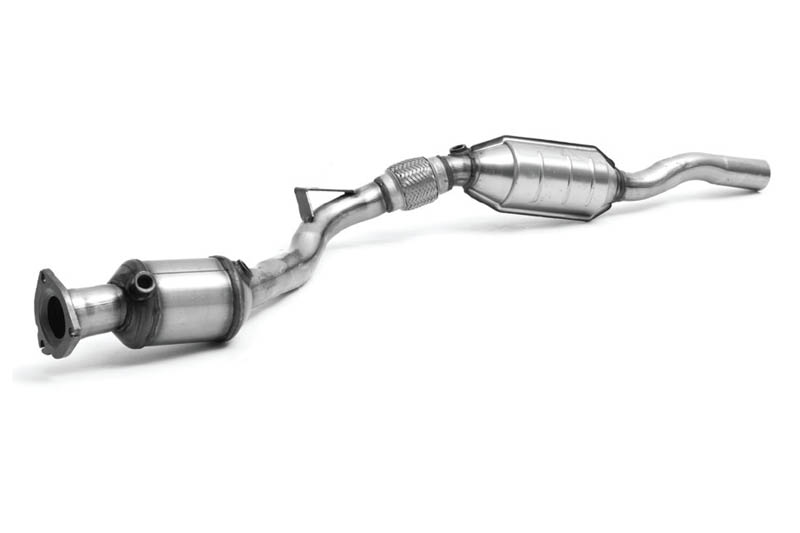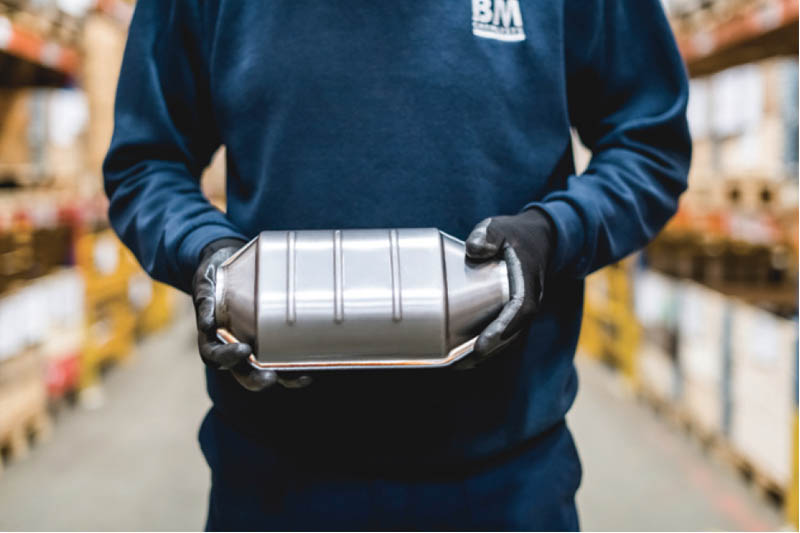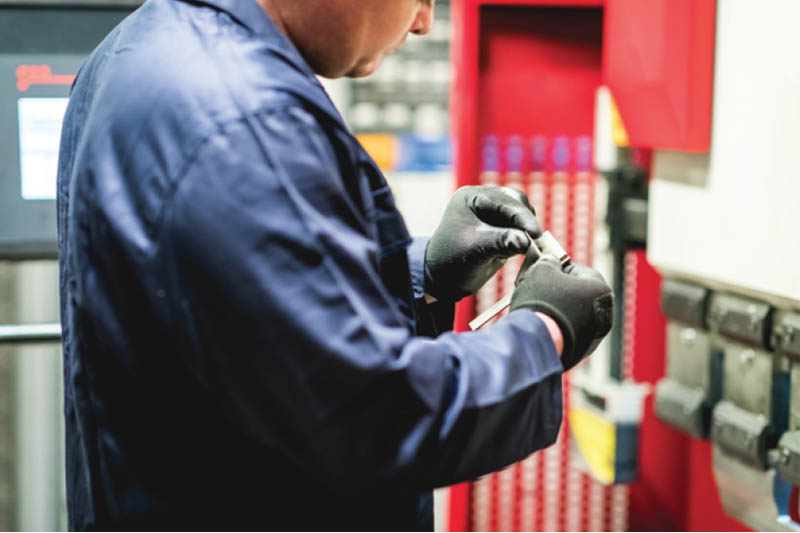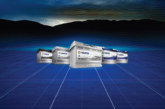
Toby Massey, Managing Director of BM Catalysts, gave PMF his view on the current state of play in regards to emissions within the aftermarket.
Q. With news of vehicle emissions never too far from the news agenda these days, what do you feel has been the automotive aftermarket’s response to improving air quality?
Toby Massey (TM): It’s become an issue the automotive aftermarket can no longer ignore. We have a right and a responsibility to clean up our act on harmful emissions, or the industry risks creating its own scandal.
The authorities are watching the trade, that’s very clear. What’s also very clear is that everyone in the supply chain – manufacturers, parts distributors and garages – have an important role to play in ensuring the products they supply and fit are legal. Ignorance is not an excuse, and the market needs to be properly educated on areas such as type approval in order for it to remain compliant.

Q. Where is the market falling foul of the rules?
TM: It’s a complicated issue. Poor quality catalytic converters can still pass an MOT and mistakes can happen through the entire supply chain. Legislatively, it’s very complex, and this brings about exploitation of the rules and unfair competitive advantages.
The regulators also need greater powers to have illegal items removed. It’s a growing problem, and so greater enforcement, combined with greater communication and co-operation, will help raise standards, assist the market and deter others from breaking the rules.
Catalytic converters are required to pass strict emissions testing procedures as part of the type approval process before they can be sold. These tests ensure that the relevant emission standard is met, thereby reducing the vehicle’s impact on air quality and health.
During the type approval process, a replacement catalytic converter is tested on a representative vehicle that the type of catalytic converter is intended to be installed on. The tailpipe emissions are measured and are compared to that of an original catalytic converter. The replacement must also meet any relevant durability, noise and vehicle performance requirements in order to gain approval.

Q. Why is this issue hitting the headlines more and more?
TM: It’s coming from a number of areas, but it’s against a backdrop of the rising price of Platinum Group Metals, such as rhodium and palladium, and also an acceleration in the Government’s green agenda, designed to cut carbon emissions by 78% by 2035.
Rhodium is a key component in petrol catalytic converters for reducing harmful vehicle emissions, particularly Nitrogen Oxides (NOx), which are produced in any combustion process.
The global drive to improve air quality, particularly in areas like China and Europe, has seen demand surge for rhodium and palladium. Furthermore, the move from diesel to petrol engines puts additional pressures on rhodium supply, which is not used in diesel applications.
This tightness of supply of rhodium is another contributing factor to its sky-high price. More than four out of every five ounces of rhodium are mined in South Africa, extracted in minuscule quantities alongside more abundant metals such as platinum, palladium and gold.
Q. Is the high price of PGMs also driving thefts of cats?
TM: In short, yes. It’s a growing issue worldwide, and the thefts are now heavily linked to organised crime – from theft, to dismantling, and to recycling.
Q. What can the market do to better equip itself?
TM: BM Catalysts is working with distributors and workshops to ensure the automotive aftermarket supply chain is better informed over type approval legislation and the important role they can play in its enforcement, for the benefit of the entire sector.
There are complicated issues at play, and so transparency and effective dialogue has been very important. As a result, we collectively raise standards and awareness.
It’s essential the automotive aftermarket plays its role in reducing harmful emissions and air pollution.







